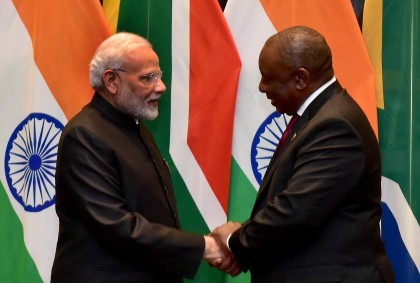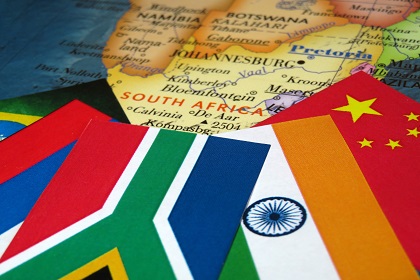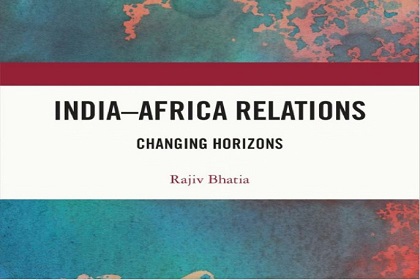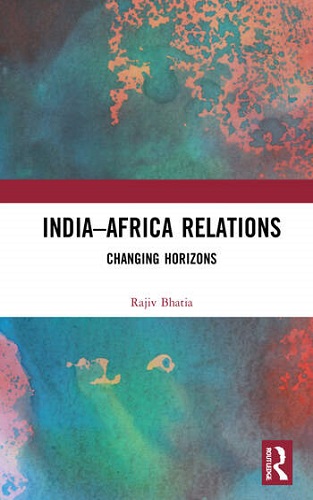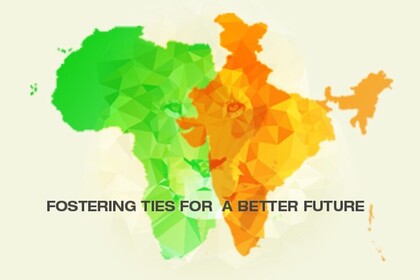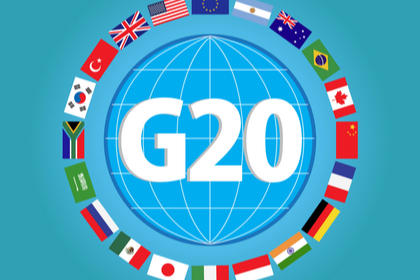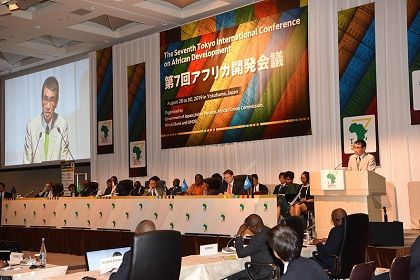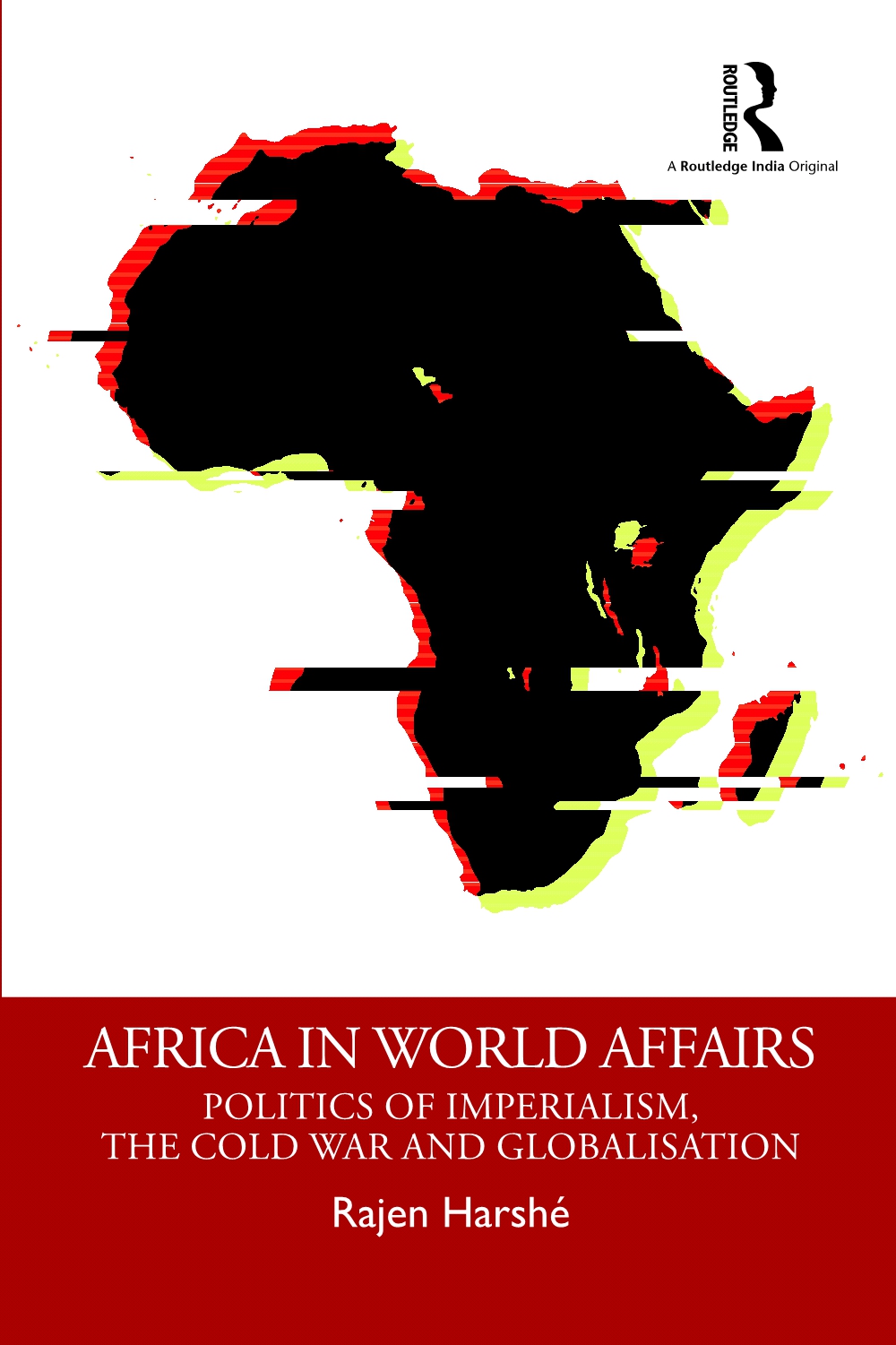India-Africa: Changing Horizons
Africa as a zone of Sino-Indian contestation has intensified in the COVID era, where both countries extended support to the continent in diverse sectors of human security. Africa needs capacity, and building it means it will not make a choice between India and China, but it will prioritise its own needs and select separately what it needs from both countries

